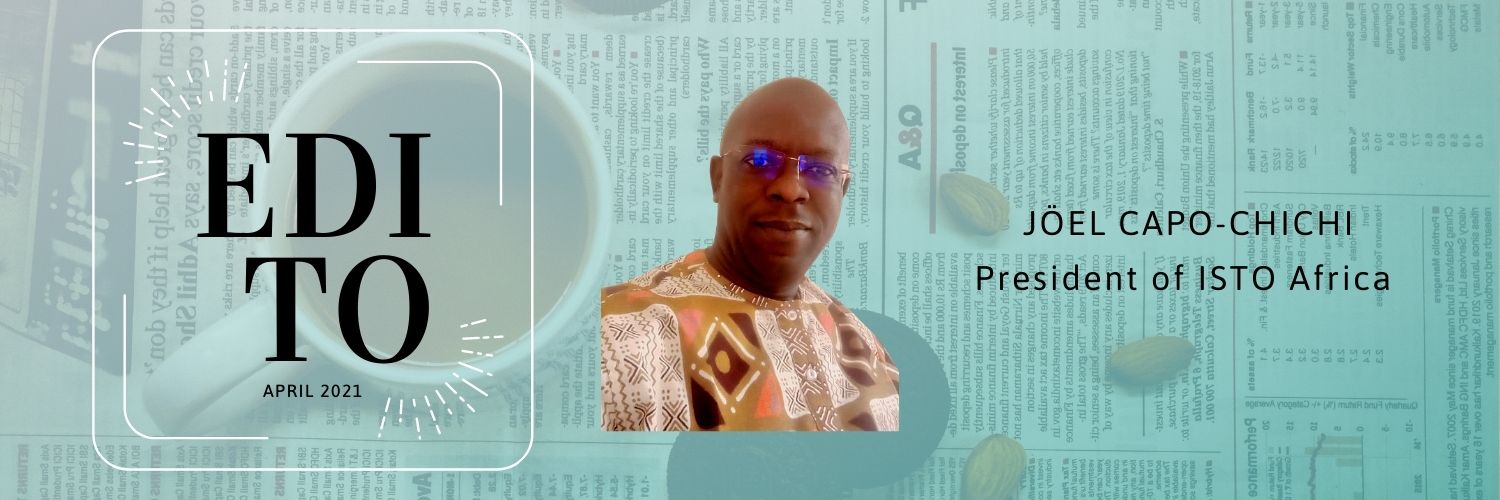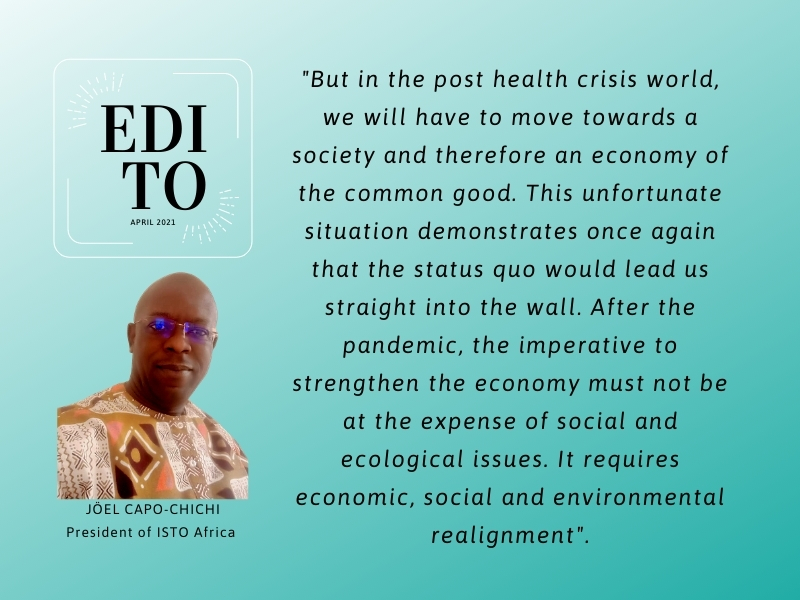Organisational resilience as a tool for the revival of social and solidarity tourism in the aftermath of the health crisis.
With the appearance of the coronavirus disease on the whole planet, the social and solidarity tourism sector, like many other economic sectors, is in great difficulty.
The consequences are multiple. Tourism enterprises, as well as several other enterprises, are faced with a decrease or a halt of their activities and therefore have to resort to reduced working-hours and to request financial aid, when possible.
The Covid-19 pandemic has also had a major impact on various aspects of our daily lives. The social distancing and confinement measures imposed by most governments have brought about a drastic change in our way of life, such as the shift to teleworking and distance learning, the proliferation of digital tools used on a daily basis, the mandatory wearing of masks and so forth. All of these changes in different facets of our lives are unprecedented, especially in the daily lives of African people.
The pandemic has also had a very negative impact on economic sectors, affecting also all those people who find themselves in the informal sector. Indeed, value chains have been broken and income-generating economic activities for women and out-of-school youth, which constitute real means of subsistence, have been slowed down or even stopped, and poverty has greatly increased.
The African continent has thus not been spared from the pandemic and its negative effects. While governments have been able to respond quickly to the challenge and adapt to it, albeit with difficulty, we cannot fail to see the lasting impact of Covid-19 on countries at several levels. The service sector has been the most brutally affected, particularly the tourism sector where many jobs have been lost.
In addition to this health crisis, the countries of the Sahelo-Saharan strip have been hit by terrorist attacks which have led to massive displacements of internal populations to refugee camps. The combined effect of these tragedies leads to a considerable loss of jobs and a disruption of value chains resulting in greater social exclusion and a high rate of contagion of viral diseases.
It is therefore imperative to set up multi-faceted models of mutual aid, including social tourism schemes, to restore a better balance in our societies.
In this respect, enterprises for integration through economic activity (IAE), which are structures of the social and solidarity economy, are good vectors for the fight against unemployment and exclusion.
Accompanying measures for these enterprises are important and it is necessary that they have access to adapted and more specific schemes, in order to generate a climate of confidence and allow the materialisation of new opportunities.
In conclusion, it is clear that organisational changes adopted for the tourism sector, which remains a transversal activity, are a step in the right direction.
But in the post health crisis world, we will have to move towards a society and therefore an economy of the common good. This unfortunate situation demonstrates once again that the status quo would lead us straight into the wall. After the pandemic, the imperative to strengthen the economy must not be at the expense of social and ecological issues. It requires economic, social and environmental realignment.

